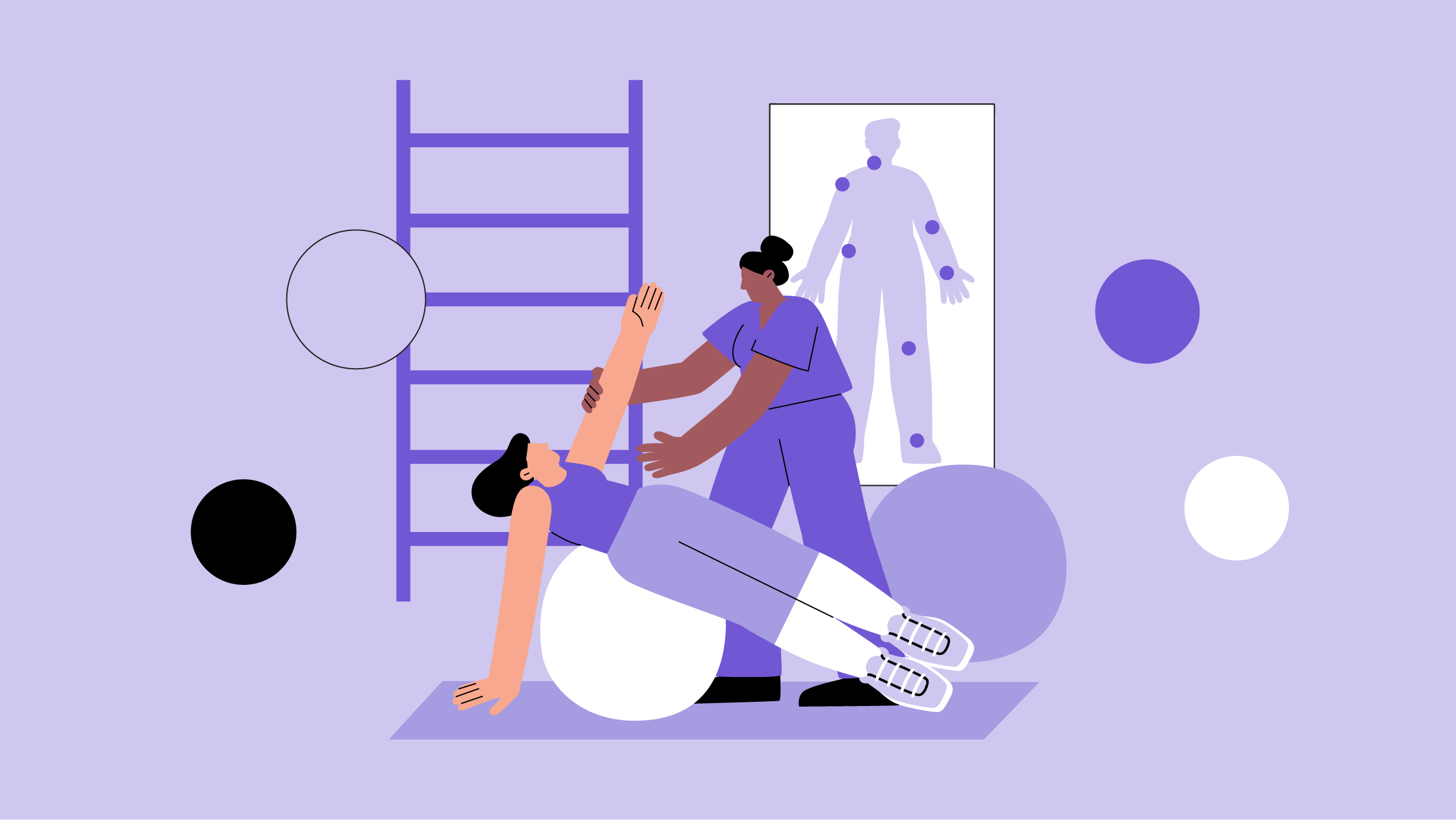What should I tell my care team before I take this medication?
They need to know if you have any of these conditions:
- Diabetes
- Glaucoma
- Kidney disease
- Liver disease
- Low adrenal gland function
- Lung or breathing disease, such as asthma or COPD
- An unusual or allergic reaction to acetazolamide, sulfa, other medications, foods, dyes, or preservatives
- Pregnant or trying to get pregnant
- Breastfeeding
What may interact with this medication?
Do not take this medication with any of the following:
This medication may also interact with the following:
- Aspirin and aspirin-like medications
- Cyclosporine
- Lithium
- Medications for diabetes
- Methenamine
- Other diuretics
- Phenytoin
- Primidone
- Quinidine
- Sodium bicarbonate
- Stimulant medications for ADHD, weight loss, or staying awake
This list may not describe all possible interactions. Give your health care provider a list of all the medicines, herbs, non-prescription drugs, or dietary supplements you use. Also tell them if you smoke, drink alcohol, or use illegal drugs. Some items may interact with your medicine.
What should I watch for while using this medication?
Visit your care team for regular checks on your progress. Tell your care team if your symptoms do not start to get better or if they get worse.
This medication may cause serious skin reactions. They can happen weeks to months after starting the medication. Contact your care team right away if you notice fevers or flu-like symptoms with a rash. The rash may be red or purple and then turn into blisters or peeling of the skin. Or, you might notice a red rash with swelling of the face, lips, or lymph nodes in your neck or under your arms.
This medication may affect your coordination, reaction time, or judgment. Do not drive or operate machinery until you know how this medication affects you. Sit up or stand slowly to reduce the risk of dizzy or fainting spells.








